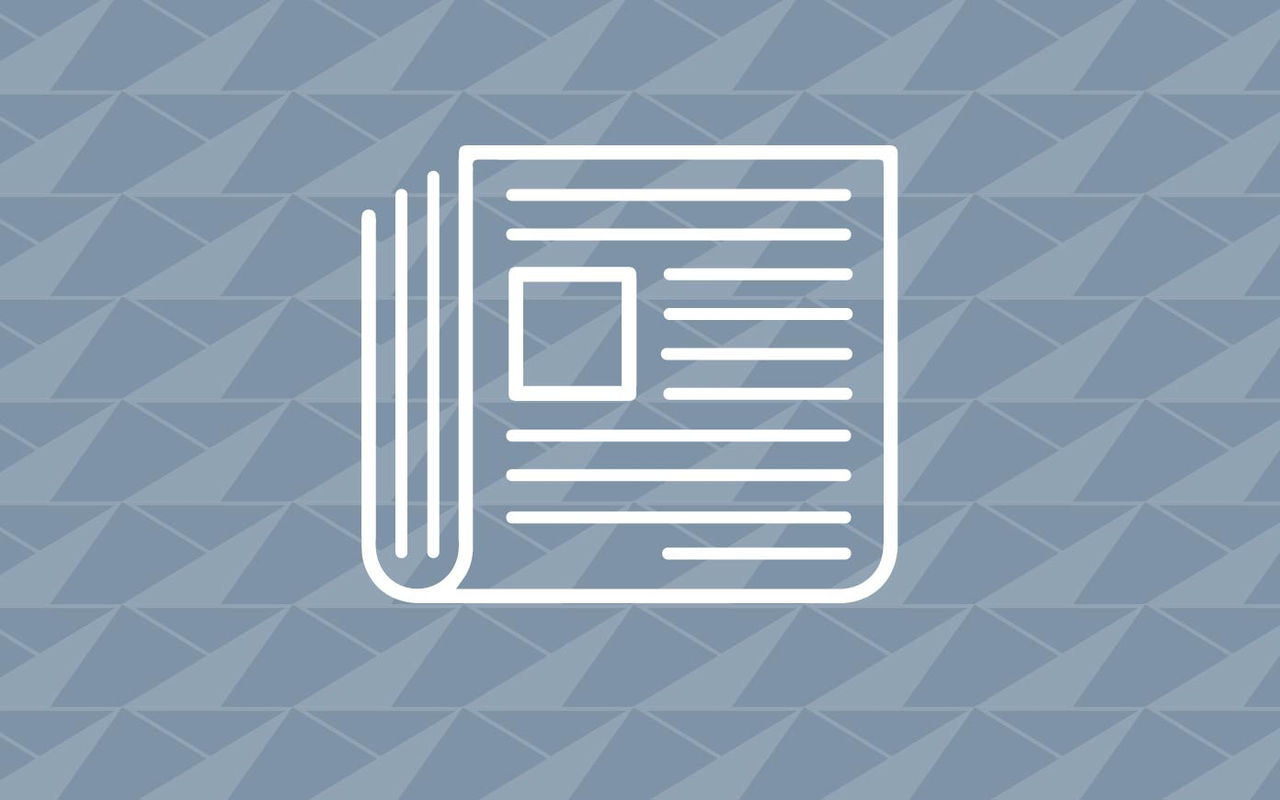
- Investor Relations
- Careers
-
Log In
- Online Banking
- Commercial Finance | Formerly Crestmark
- Insurance Premium Finance | Formerly AFS IBEX
What are SBA Loans and What Can You Use Them For?

The Small Business Administration (SBA) delivered over $52.4 billion in capital, disaster relief, and bonding to businesses and communities in FY ’23, and serves a vital role in funding small businesses and budding entrepreneurs through its loan programs. When evaluating this financing option, it is important to know what an SBA loan is, its diverse applications, how to apply for one, and the pros and cons of them in the marketplace.
What is an SBA loan?
An SBA loan is a term loan or line of credit offered by financial institutions and backed by the Small Business Administration. They are generally designed to fund uses within working capital and business expansion and purchases.
Except in disaster recovery situations, the SBA does not directly lend money to small businesses. Instead, they set guidelines and reduce lender risk by backing or guaranteeing a portion of the loan (up to 85% of the principal). This surety means private lenders can offer more competitive rates and favorable terms for customers, while also encouraging small businesses – that may lack conventional funding options – to innovate and expand.
Types of SBA Loans
Understanding the distinct types of SBA loans is key for businesses seeking financial support. The SBA has a comprehensive range of offerings, but most often funds these loan types:
The 7(a) loan is the most popular SBA loan option and offers ample flexibility in the use of funds, including acquisition financing, commercial real estate purchases, equipment purchases, debt refinancing, partner buyout, working capital, and more.
7 (a) loans | |
Purpose | Acquisition financing, commercial real estate purchases, debt refinancing, equipment purchases, partner buyout, working capital, and more |
SBA Loan Amount | Up to $5 million |
Max. SBA Guarantee | 85% of loans under $150,000, 75% for loans over $150,000 |
Repayment Terms | 10 years for most purchases, equipment loans up to 15 years, up to 25 years for commercial real estate
|
Downpayment | Total downpayment percentage varies based on loan purpose and structure. Often, a 10% downpayment will be required but the SBA allows for flexibility based on structure and use of proceeds. |
SBA Express Loans are part of the 7(a) program and designed for businesses who need quicker and faster response times to smaller loan amounts.
Express | |
Purpose | Acquisition financing, debt refinancing, equipment purchases, working capital, and more - faster response times to funding |
SBA Loan Amount | Up to $500,000 |
Max. SBA Guarantee | Up to 50% |
Repayment Terms | Varies, term loans or lines of credit available through Express program |
Downpayment | Total downpayment percentage varies based on loan purpose and structure. Often, a 10% downpayment will be required but the SBA allows for flexibility based on structure and use of proceeds. |
SBA 504 Loans focus on long-term, fixed-rate financing for the acquisition of real estate, infrastructure purchases and improvement, and equipment upgrades. The project has three main partners: a Third-Party Lender [such as Pathward] provides 50% or more of the financing; a Certified Development Company (CDC) provides up to 40% of the financing through a 504 debenture (guaranteed 100% by SBA); and an applicant (Borrower) injects at least 10% of the financing.
SBA 504 Loans | |
Purpose | Purchase or construction of existing buildings or land, new facilities, long-term machinery and equipment, or improvement of land, streets, utilities, parking lots, and landscaping plus existing facilities |
SBA Loan Amount | Up to $5.5 million for a single project |
Repayment Terms | 10-, 20-, and 25-year maturity terms are available |
Downpayment | 10% - 20% (no fees added) |
In addition, the SBA offers loans for businesses in underserved markets and those that face economic injury due to disasters.
Eligibility Criteria
Getting an SBA loan requires meeting specific eligibility criteria, emphasizing factors such as business size, industry, and creditworthiness. For a deeper dive into credit considerations, check out our article on the "Five Cs of Credit." Below is a primer on eligibility criteria for the following loan type: 7(a).
SBA 7(a) Loan | |
Business Size | Must be small as defined by the SBA’s size standards. Size standards can be found here and are broken down by industry. |
Business Type | For-profit and operate within the U.S. or its territories |
Business Longevity | No minimum time. |
Creditworthiness | The small business applicant and individual owner(s) must demonstrate a good credit history, ideally shown through business profitability and strong personal credit. |
Ownership Structure | Individuals who own 20% or more of business must provide full guaranty |
Pros and Cons of SBA Loans
Pros
- Access to critical capital
- Competitive, capped interest rates
- Extended repayment terms, easing cash flow
- Lower initial down payments required
- Wide range of loan amounts and use of loan proceeds
- Light on financial and reporting covenants
Cons
- Lengthy approval process and closing/documentation process
- Unprofitable business and individuals with low personal credit scores may not qualify
- Personal guarantee risks personal assets
- Rates sometimes less competitive than conventional lending
- Stringent eligibility criteria
Approved Uses of SBA Loans
SBA loans provide versatile funding options for small businesses, such as the following:
- Acquisition Financing
- Commercial Real Estate
- Debt Refinancing
- Emergency and Disaster Relief
- Infrastructure Improvement
- Working Capital
For more information on approved uses, please visit SBA.gov’s terms, conditions, and eligibility page.
How to Apply for SBA Loans
1. Get prepared: Lenders will want your business to be prepared with the following: business plan, collateral, credit history, financial projections, industry experience, and planned amount and use of SBA funds. Once you gather these materials, you will be ready to contact a lender like Pathward.
2. Gather Required Documentation: Prepare the necessary documents for your application. These typically include:
- Borrower Information Form or SBA Form 1919
- Business Certificate/License
- Business Financial Statements (e.g., Profit and Loss Statements and Projected Financial Statements)
- Business Overview and History
- Income Tax Returns
- Personal Background and Financial Statement
- Resumes
3. Provide Additional Documentation if Necessary: If your loan application involves purchasing an existing business, be prepared to furnish additional documentation as required.
4. Understand Processing Time: SBA loans typically take longer to process and close compared to conventional loans, typically ranging from 60 to 90 days as opposed to 30 to 45 days. However, some financial institutions, like Pathward, who prove reliability, experience, and good performance of SBA loans are granted Preferred Lending Program status. This can expedite the process by handling all loan procedures in-house, which can expedite processing time.
Learn More About SBA Loans with Pathward
Navigating SBA loan requirements can be complex. Since 2016, Pathward’s been an SBA Preferred Lender, and has experienced sales, underwriting, and closing teams that can critically evaluate the pros and cons of applying for an SBA loan, assess businesses on a case-by-case basis, and discuss the options available to you.
Our goal is to offer a balanced perspective and simplify the process with a step-by-step guide that clarifies the rules and structured requirements and the processing of loan applications.
As an SBA Preferred Lender, we can handle the loan from consultation to close. We recommend reaching out to our Structured Finance team to learn more or apply.
Recent Posts
-
 Pathward Transforms Product Suite with Launch of 'Solutions for Financial Institutions'16 May 2024Pathward®, N.A., one of the nation’s leading financial empowerment companies, today announced the expansion and transformation of its suite of offerings for financial institutions.
Pathward Transforms Product Suite with Launch of 'Solutions for Financial Institutions'16 May 2024Pathward®, N.A., one of the nation’s leading financial empowerment companies, today announced the expansion and transformation of its suite of offerings for financial institutions. -
 LogRocket: "Taking a human-centric approach to fintech, with Suhas Reddy"13 May 2024Pathward's Senior Vice President of Product Management Suhas Reddy spoke with the team at LogRocket to discuss his career and how his “experience laid a robust foundation for his current role at Pathward
LogRocket: "Taking a human-centric approach to fintech, with Suhas Reddy"13 May 2024Pathward's Senior Vice President of Product Management Suhas Reddy spoke with the team at LogRocket to discuss his career and how his “experience laid a robust foundation for his current role at Pathward -
 What are SBA Loans and What Can You Use Them For?08 May 2024The Small Business Administration (SBA) delivered over $52.4 billion in capital, disaster relief, and bonding to businesses and communities in FY ’23, and serves a vital role in funding small businesses and budding entrepreneurs through its loan programs. When evaluating this financing option, it is important to know what an SBA loan is, its diverse applications, how to apply for one, and the pros and cons of them in the marketplace.
What are SBA Loans and What Can You Use Them For?08 May 2024The Small Business Administration (SBA) delivered over $52.4 billion in capital, disaster relief, and bonding to businesses and communities in FY ’23, and serves a vital role in funding small businesses and budding entrepreneurs through its loan programs. When evaluating this financing option, it is important to know what an SBA loan is, its diverse applications, how to apply for one, and the pros and cons of them in the marketplace.
